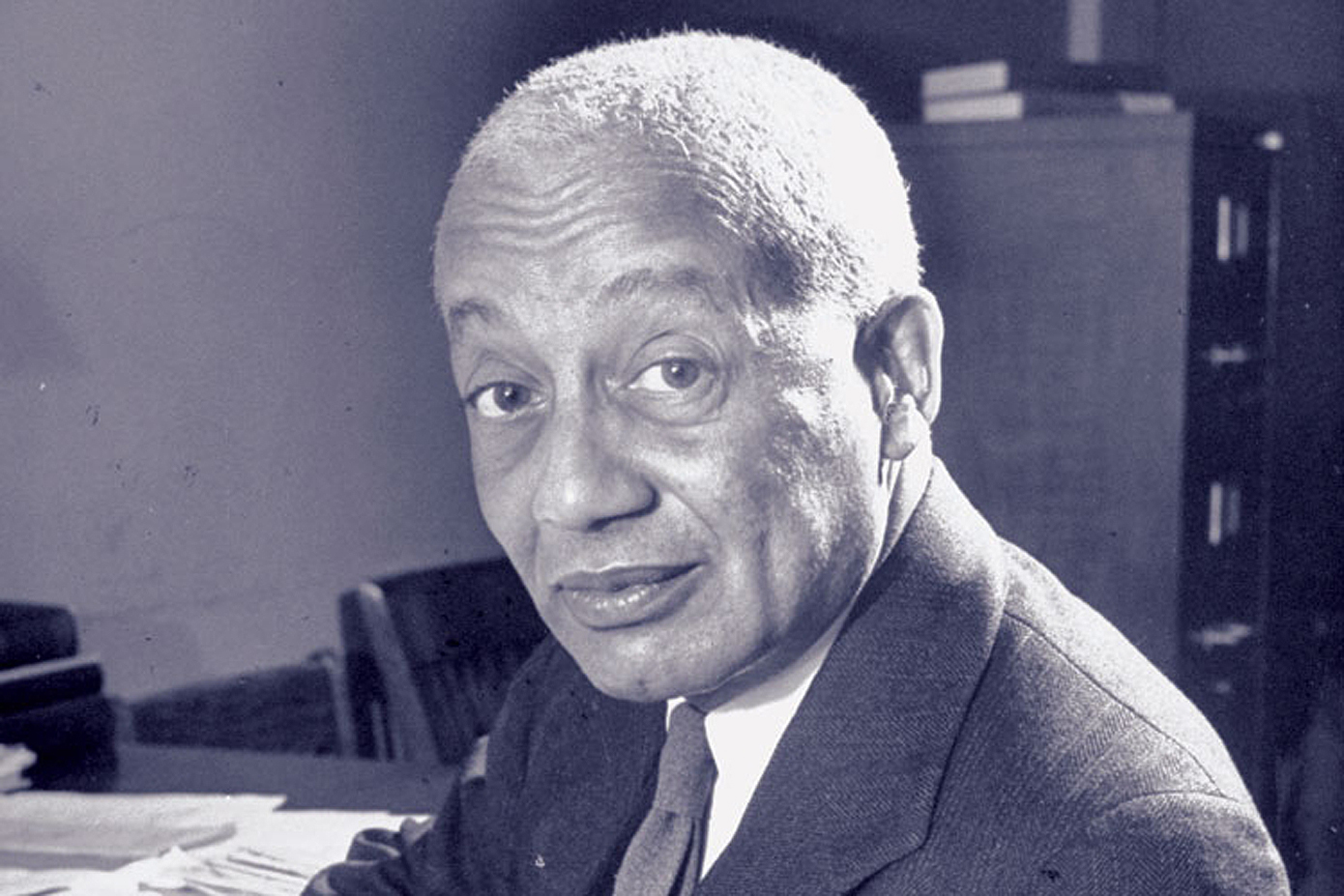Alain LeRoy Locke, widely known as the “Father of the Harlem Renaissance,” was a trailblazing philosopher, educator, writer, and advocate for African American culture and art. Born on September 13, 1885, in Philadelphia, Pennsylvania, Locke grew up in a household that valued education and cultural appreciation. His father, Pliny Ishmael Locke, was the first African American to graduate from Harvard University, instilling in young Alain a profound respect for learning and achievement.
Locke’s academic prowess became evident early on. He attended Philadelphia’s Central High School, where he excelled in various subjects, displaying a keen intellect and a voracious appetite for knowledge. In 1907, he graduated with honors from Harvard University with degrees in both philosophy and literature. Locke’s academic journey continued at the University of Berlin and the University of Oxford, where he pursued further studies in philosophy and literature, honing his analytical skills and deepening his understanding of cultural and social issues.
The Younger Generation comes, bringing its gifts.
Alain LeRoy Locke
They are the first fruits of the Negro Renaissance.
Youth speaks, and the voice of the New Negro is heard.
Upon returning to the United States, Locke embarked on a distinguished career in academia, becoming the first African American Rhodes Scholar in 1907. He later joined the faculty at Howard University, where he taught philosophy and established himself as a leading intellectual voice within the African American community. Locke’s scholarly pursuits encompassed a wide range of topics, including aesthetics, cultural pluralism, and the role of race in American society.
In addition to his academic pursuits, Locke was a prolific writer and editor. He played a pivotal role in promoting the work of emerging African American writers and artists through his involvement with publications such as “The Crisis,” the official magazine of the NAACP, and “Opportunity: A Journal of Negro Life.” Locke’s influential anthology, “The New Negro: An Interpretation,” published in 1925, showcased the diverse talents of writers associated with the Harlem Renaissance, including Langston Hughes, Zora Neale Hurston, and Jean Toomer.
As a champion of African American culture and art, Locke believed in the transformative power of literature and the arts to challenge stereotypes and uplift marginalized communities. He viewed the Harlem Renaissance as a cultural awakening that celebrated the richness and complexity of African American life, challenging prevailing notions of racial inferiority and cultural hegemony.
Locke’s contributions to American intellectual life extend beyond the realm of academia. He was actively involved in various civil rights and social justice causes, advocating for racial equality and promoting cross-cultural understanding. Locke’s belief in the importance of cultural exchange and dialogue led him to establish connections with intellectuals and artists from around the world, fostering a global network of thinkers committed to the ideals of democracy and human rights.
Throughout his life, Locke remained dedicated to the pursuit of knowledge and the advancement of African American culture. His legacy continues to resonate today, inspiring generations of scholars, writers, and activists to challenge injustice and strive for a more inclusive and equitable society. Alain Locke’s life and work exemplify the power of intellect, creativity, and activism in shaping the course of history and advancing the cause of social justice.
